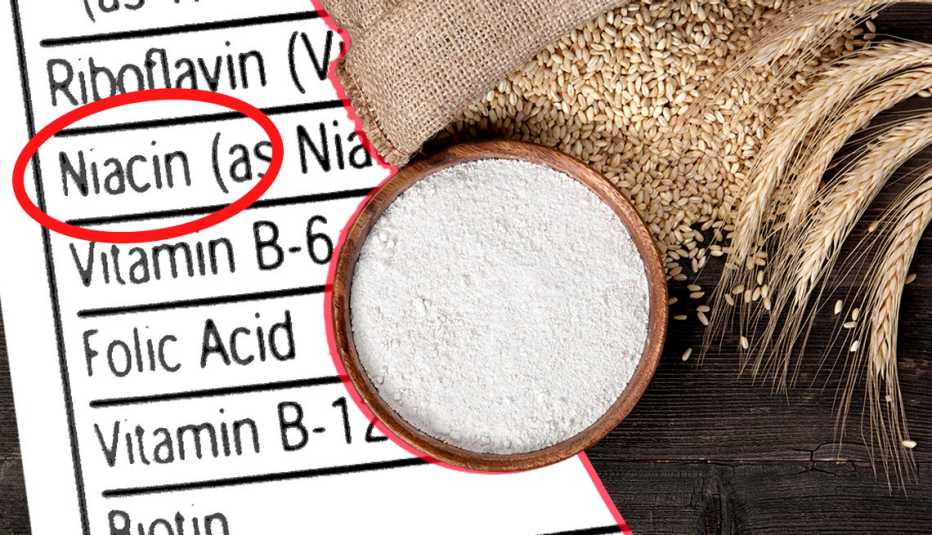AARP Hearing Center


A lifesaving nutrient added to foods since the 20th century to combat malnutrition may have an unintended impact on people’s health today.
Niacin, also known as vitamin B3, is critical to cell development and helps to convert the food you eat into the energy your body needs. But new research suggests that too much of this essential nutrient — found in meats, peanuts and fortified breads and cereals — could be harmful to the heart.
A team of researchers studied blood samples from two groups of patients being evaluated for heart disease. They found a strong link between high circulating levels of a substance called 4PY, which is a byproduct of excess niacin in the body, and the development of a heart attack, stroke or other cardiac event.
Foods high in niacin
- Beef liver
- Chicken breast
- Salmon
- Beef
- Pork
- Canned tuna
- Peanuts
- Fortified breakfast cereals
- Marinara sauce (ready to serve)
- Turkey breast
- Brown rice
Source: NIH Office of Dietary Supplements
Additionally, the researchers found that in mice, 4PY triggered inflammation in the blood vessels. This inflammation can lead to damage, including atherosclerosis, or the buildup of plaque in the artery walls. The study was published Feb. 19 in the journal Nature Medicine.
Lead researcher Stanley Hazen, M.D., says together the findings suggest that excess niacin is not just associated with an increased risk for heart disease but may also contribute to its development. The results could pave the way for treatments to reduce or prevent blood vessel inflammation, as well as diagnostic tools to help identify people who are getting too much niacin and may be at higher risk for a heart event, Hazen says.
What is pellagra?
Pellagra is a disease that occurs when a person does not get enough niacin. Though rare in the U.S., it occurs in some less developed parts of the world. Symptoms of pellagra can include:
- Diarrhea, stomach pain and indigestion
- Rash or discoloration on skin exposed to sunlight
- Depression and loss of memory that can progress to paranoia
- Anorexia
Source: NIH Office of Dietary Supplements and Cleveland Clinic





































































More on Drugs and Supplements
Side Effects of Weight Loss Medications
Here’s what people experience on Ozempic, Wegovy and others5 Medications That Can Cause Lung Issues
Common treatments may trigger coughing or breathing problems3 Trendy Supplements: Do They Work?
What to know about ashwagandha, berberine and bilberryRecommended for You